Should I install an HRV or ERV?
We have a late 1960s brick bungalow in SW Ontario. A few years ago we insulated with blown in insulation, which has worked well. On the coldest winter days however a small amount of condensation forms on the lower edges of most windows (reasonably decent North Star replacement windows). We have a very old air conditioner which needs to be replaced and are trying to decide whether we should install a HRV or ERV at the same time?
We are not heavy users of AC, usually setting it to 26C, mostly to take the edge off the very humid environment.
Also, would the mostly unfinished basement benefit from the increased ventilation using a HRV or ERV?
Thank you in advance, David.



















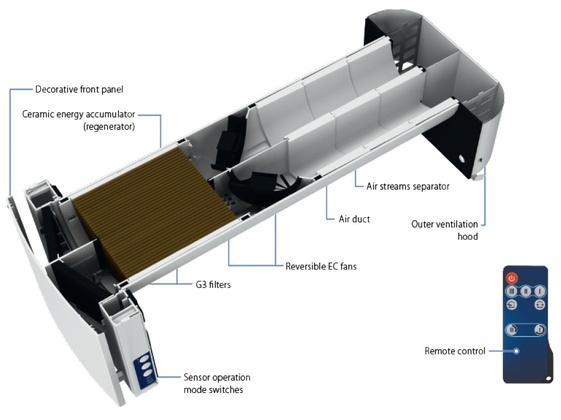



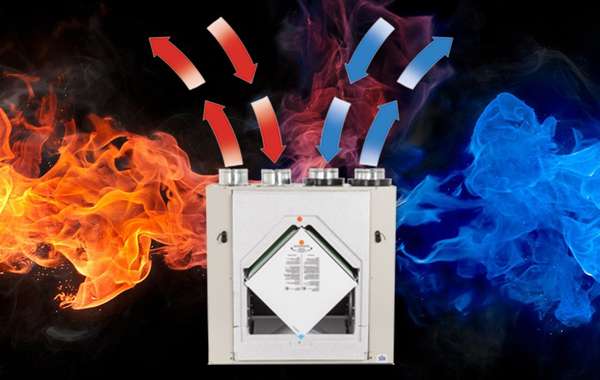
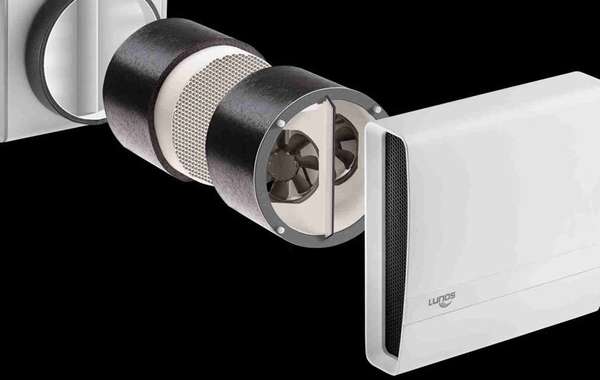
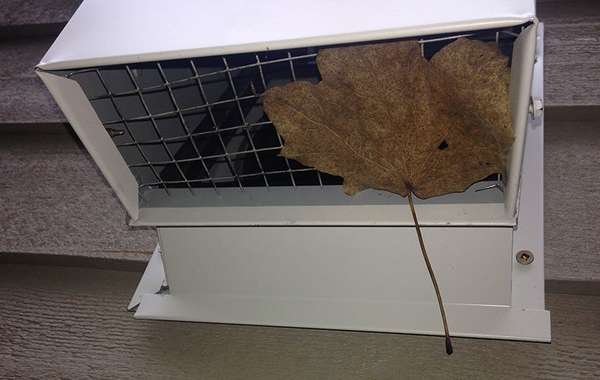
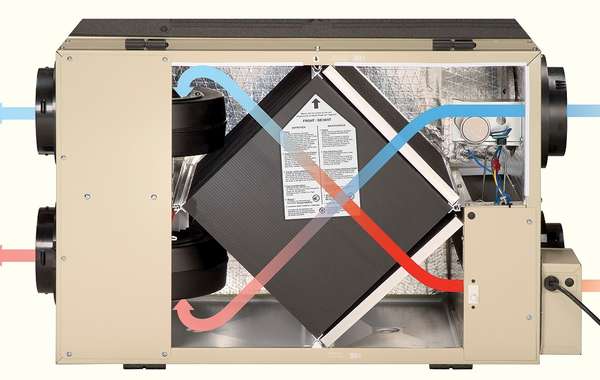
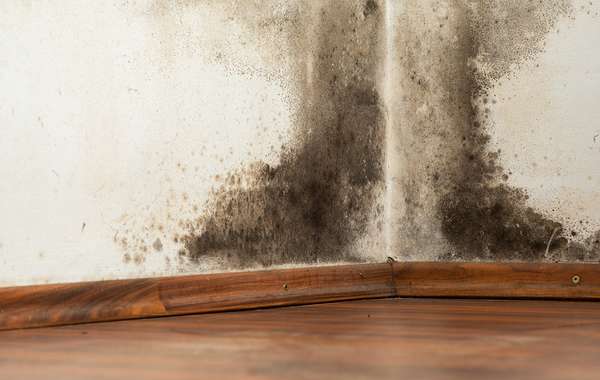
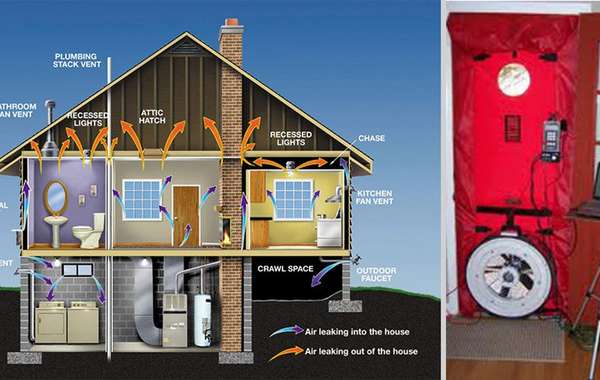
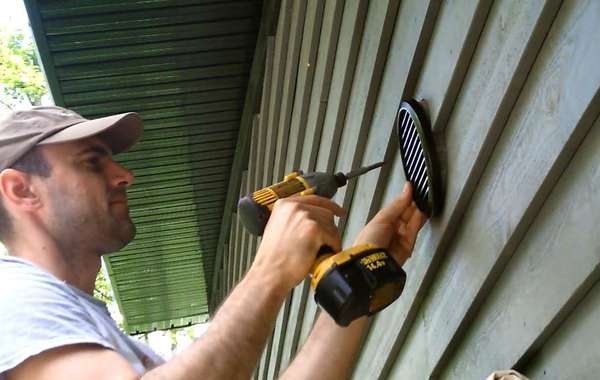
Choosing which is better between an HRV and an ERV depends on the climate. HRVs (heat recovery ventilation) recover heat from exhaust air, and ERVs (energy recovery ventilation) recover heat and moisture, but you really can’t go too wrong with either. this page describes the benefits and will help you decide –
Choosing between an HRV and ERV – which is best?
As a general rule, an ERV can beneficial in tropical or cold climates while an HRV is more suited to a temperate climate. An ERV can help keep moisture inside the home in winter months when it can sometimes be too dry for comfort, and it helps keep humidity out of homes during summer months. Most of the energy used in air conditioning systems comes from removing moisture, so an ERV can take some of the burden off the AC system and save you some energy and money.
Another variable to consider when shopping for one is the energy and heat recovery rates. Some HRVs and ERVs can offer up to 90% recovery, while other models may not come close to that. So like anything, you get what you pay for, and an investment in a more efficient ventilation system may actually save you a good chunk of money in the long run. Whichever you choose, be sure to keep it running well, to that end here is a page about how to keep an HRV clean and running properly.
As for your basement, humidity should be kept below 50% to avoid mold issues so I would suggest having a hydrometer down there to monitor it (you can get on for less than $10 at a harware store) or keep a dehumidifier there set at about 40% RH and just leave it to do its thing as needed.
Thank you Mike, I appreciate the advice.
I'd been through the various differences and benefits page but still couldn't decide which one would be best! When installing a new HRV/ERV would it be in any way worthwhile to try to improve airflow in a relatively little used basement space? We do run a dehumidifier through the humid months, but it is rather heavy in power consumption, I'm just not sure whether the ERV would be any real value over the HRV.
Having said all that, I think also that a newer AC will be so much more efficient than the existing one (and happily we are in a position to invest in a higher SEER rating AC) that we'll be better off with whatever we do!